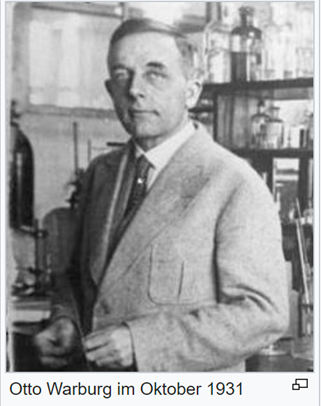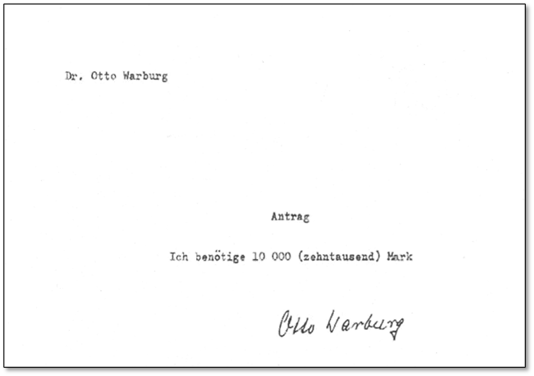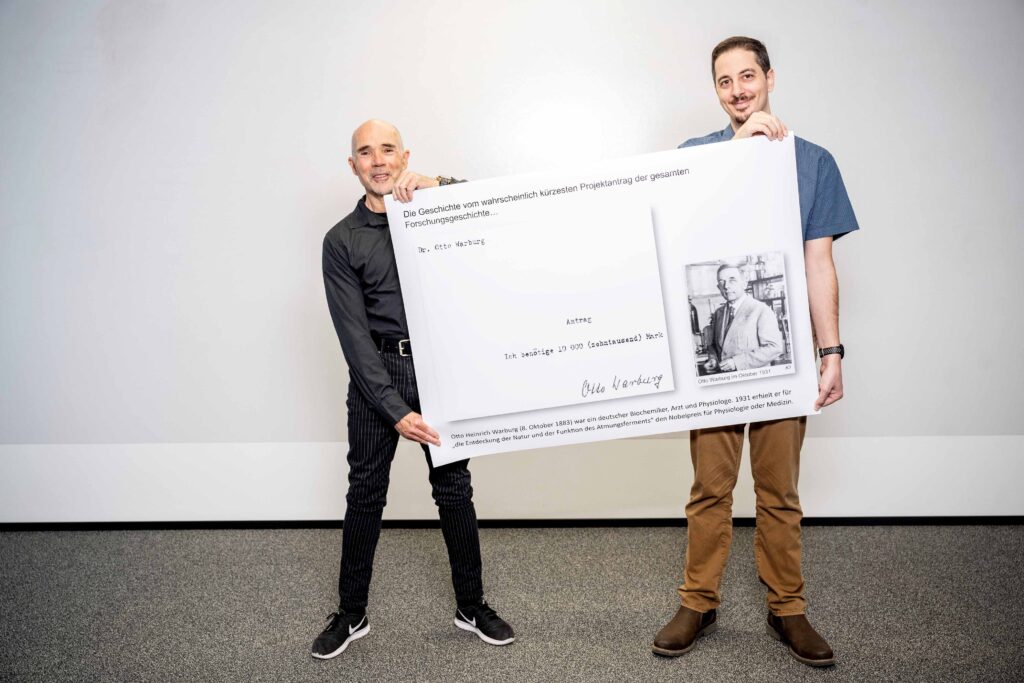Collaboration in the eResearch project and probably the shortest project proposal
ETH’s funding programmes are there to bring visionary ideas to life. Whether it is for aspiring scientists, experienced researchers or interdisciplinary teams: ETH offers financial resources to make research dreams come true and opens doors to state-of-the-art laboratories, cutting-edge equipment and international collaborations.
Office of Research
The Office of Research unit at ETH Zurich is responsible for a wide range of topics in the field of research. It supports ETH-internal, national and international research funding, awards science prizes and organises the financing of technological infrastructures. They are also responsible for the areas of research ethics and animal welfare as well as departmental evaluations.
Under the leadership of the Vice President for Research, the Office of Research is organised into four staff groups:
- Research initiatives & infrastructures
- Research ethics & animal welfare
- Grants Office
- EU GrantsAccess
Competitive research funding
Competitive research funding at ETH enables researchers to test and develop new ideas and attract young talent. This funding creates a dynamic environment in which innovative research and breakthroughs in various disciplines are possible. Using this approach, ETH attracts talented researchers from all over the world who want to develop their potential and contribute to excellence.
ITS Applications
The ITS Applications portfolio (ITS APPS) comprises a wide range of services designed to meet ETH Zurich’s IT requirements. This includes the conception, implementation and further development of various systems. It also provide extensive support for software-related projects for the Executive Board, departments and central bodies. Its expertise ranges from SW system architecture and system integration to application and interface development. It can also plan and implement complete IT projects.
Research proposals
Processing research proposals is a complex procedure that requires both internal and external reviewers. However, this process is often cumbersome due to existing IT infrastructures, which are encumbered by many media discontinuities. In addition, the application volume is constantly increasing, while the processes of the individual funding programmes are not standardised.
Collaboration ITS & Office of Research
To meet these challenges, ETH Zurich has launched the digitalisation project eResearch. This is where IT Services, which supports the technical implementation, come into play.
The aim this project is to foster the digitalisation and standardisation of processes and to create interfaces to existing infrastructures, such as the personal database and SAP. With eResearch, the plan was to create a future-proof platform that meets the growing demands for research funding. By digitalising and standardising the processes, the aim was to provide researchers and the administration with a uniform and user-friendly input platform on the one hand and to enable optimised administration of the proposals on the other.
The first stages of the online grants portal eResearch were successfully completed by the Office of Research and IT Services. As part of this initiative, the standard software Symplectic Grants Tracker was introduced. The funding instruments ETH Grants, ETH Fellows, ETH Career Seeds, Branco Weiss Fellowships, Latsis Prize and Latsis Symposium are already online. In the coming months, further funding instruments will be integrated into eResearch.
With the implementation of the Symplectic Grant Tracker software and use of other digital solutions (integration to SAP and Tableau), ETH aims to process research proposals more efficiently and consistently. This digitalisation enables seamless collaboration between internal and external appraisers as well as improved management and monitoring of the entire application process.
Shortest project proposal
The story of what is probably the shortest project proposal in the history of research is now well-known:
Otto Heinrich Warburg (8 October 1883) was a German biochemist, physician and physiologist. In 1931, he was awarded the Nobel Prize in Physiology or Medicine for «the discovery of the nature and function of the ferment of respiration».

Ten years before Otto Warburg was awarded the Nobel Prize, he merely asked his secretary to write down the following few words:

Warburg signed the proposal and sent it to the Emergency Association of German Science, which granted the money promptly and without further questions.
The irony was that Warburg couldn’t even buy a loaf of bread with the 10,000 marks just a few months later, as the hyperinflation in December 1922 rapidly devalued the money.
The research funders in Warburg’s time obviously still had confidence in their scientists – at least in those who had already proven how well-founded their project ideas were. As one of the outstanding researchers of his time, Warburg was also respected by the funding administrators of the Weimar Republic. Obviously, none of them doubted that Warburg would make good use of the money – even without precise knowledge of the research subject.
Abridged from source https://www.laborjournal.de/blog/?tag=otto-warburg (in German)
Quality assurance versus «trust is good»
As the saying goes nowadays, «trust is good, control is better,» and research proposals are therefore naturally much more detailed. The new software ensures secure and standardised quality assurance of the entry and verification processes. This will better support promising projects and invest financial resources more efficiently. It is also now easier to manage regulatory tasks.
Contact
- Werner Schnedl, IT Services, ITS Applications (ITS APPS)
- Dr Martine Vernooij, Office of Research, Grants Office, Division VP Research

Werner Schnedl and Simone Papa, from left, with probably the shortest project application


